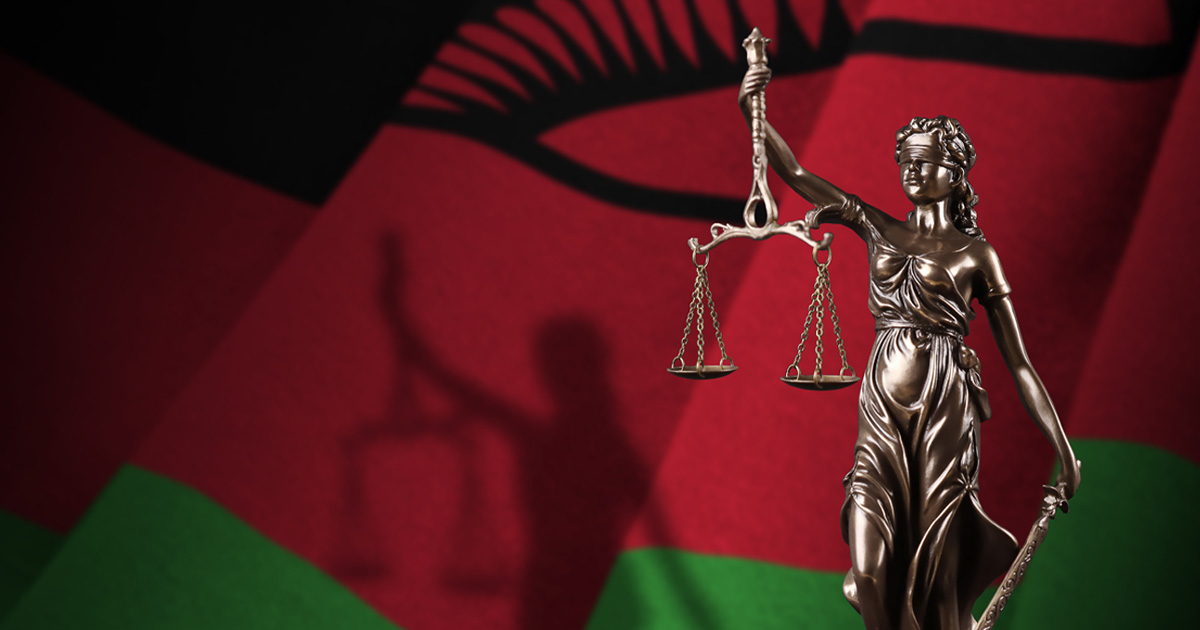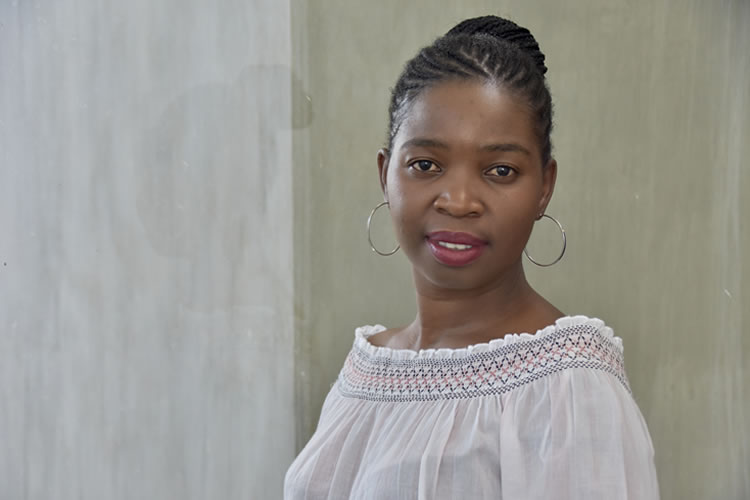To mark the historic judgment handed down by the Constitutional Court of Malawi in Joshua Chisa Mbele v The Director of Public Prosecutions & The Attorney General, the Centre for Human Rights, Faculty of Law, University of Pretoria, through its Expression, Information and Digital Rights Unit, organised a webinar on 18 August 2025. The event was moderated by Mr Kennedy Owor and featured distinguished speakers: Hon. Ourveena Geereesha Topsy-Sonoo, Special Rapporteur on Freedom of Expression and Access to Information in Africa; Judge Redson Edward Kapindu, Judge-in-Charge of the High Court, Financial Crimes Division in Malawi; and Mr Wesley Chalo Kawelo Mwafulirwa, one of the lawyers who represented Joshua Chisa Mbele in this landmark case.
In her opening remarks, Commissioner Topsy-Sonoo commended the Constitutional Court of Malawi for declaring Section 200 of the Penal Code of Malawi unconstitutional, describing it as a ground-breaking development not only for Malawi but also for Africa at large. She added that the Commission is gratified to observe this progressive decision, which marks an important step forward in advancing freedom of expression on the continent. The Commissioner also emphasised that the African Commission consistently reminds states that criminalising defamation is contrary to the rights to freedom of expression and access to information. In this regard, Principle 22 of the Declaration of Principles on Freedom of Expression and Access to Information in Africa (2019) reinforces this position. She concluded by urging all states to repeal laws that criminalise defamation
Judge Kapindu provided an overview of the case, clarifying that the Court made it very clear that their decision was squarely to decide on the constitutional question of whether the offence of criminal defamation was constitutional, rather than to decide on whether the remarks that Mr Mbele had made were indeed defamatory. He further highlighted that the Court underscored how Section 200 of the Penal Code suppressed critical voices and curtailed freedom of expression, a right guaranteed under Section 35 of the Malawian Constitution. According to Judge Kapindu, the Court’s decision is remarkable for two reasons. He described it as bold because, in his view, the Court relied extensively on international human rights instruments. He further characterised it as radical, noting that the Court suggested the rulings of human rights bodies, particularly the African Court on Human and Peoples' Rights’ decision in Konaté v Burkina Faso, are binding on Malawi’s domestic courts. Kapindu added that this position is striking in light of Malawi’s dualist approach to international law.
Mr Wesley Mwafulirwa, a member of the legal team that argued the constitutional challenge, explained that Mr Mbele had a strong case for contesting the constitutionality of Section 200 of the Penal Code of Malawi in light of his right to freedom of expression. He acknowledged the valuable technical research and assistance provided by organisations such as Media Defence and the Southern African Litigation Centre. He expressed hope that the judgment would contribute to the evolution of jurisprudence on freedom of expression, both online and offline, across Africa and beyond.
In their closing reflections, both Judge Kapindu and Mr Mwafulirwa emphasised the importance of African courts drawing from and reinforcing one another’s jurisprudence in matters of human rights. They stressed the need to regard African jurisprudence as interconnected and mutually reinforcing across the continent.
This landmark ruling by the Constitutional Court of Malawi affirms the right to freedom of expression under domestic and international law, including Section 35 of the Constitution, Article 9 of the African Charter, and Article 19 of the ICCPR. By declaring criminal defamation unconstitutional, the Court aligned with Principle 22 of the African Commission’s 2019 Declaration, which urges states to repeal such laws due to their chilling effect and with Principle 1, which calls on states to create an enabling environment for the exercise of freedom of expression and access to information. By citing the African Court’s decision in Konaté v Burkina Faso, the ruling reinforces the growing continental and global consensus that defamation should be addressed through proportionate civil remedies, not criminal sanctions, and sets a strong precedent for legal reform and the protection of free expression across Africa.
Webinar Recording
For more information, please contact:
Tel: +27 (0) 713362225
henok.kremte@up.ac.za
Tel: +27 (0) 12 420 4199
Hlengiwe.Dube@up.ac.za


